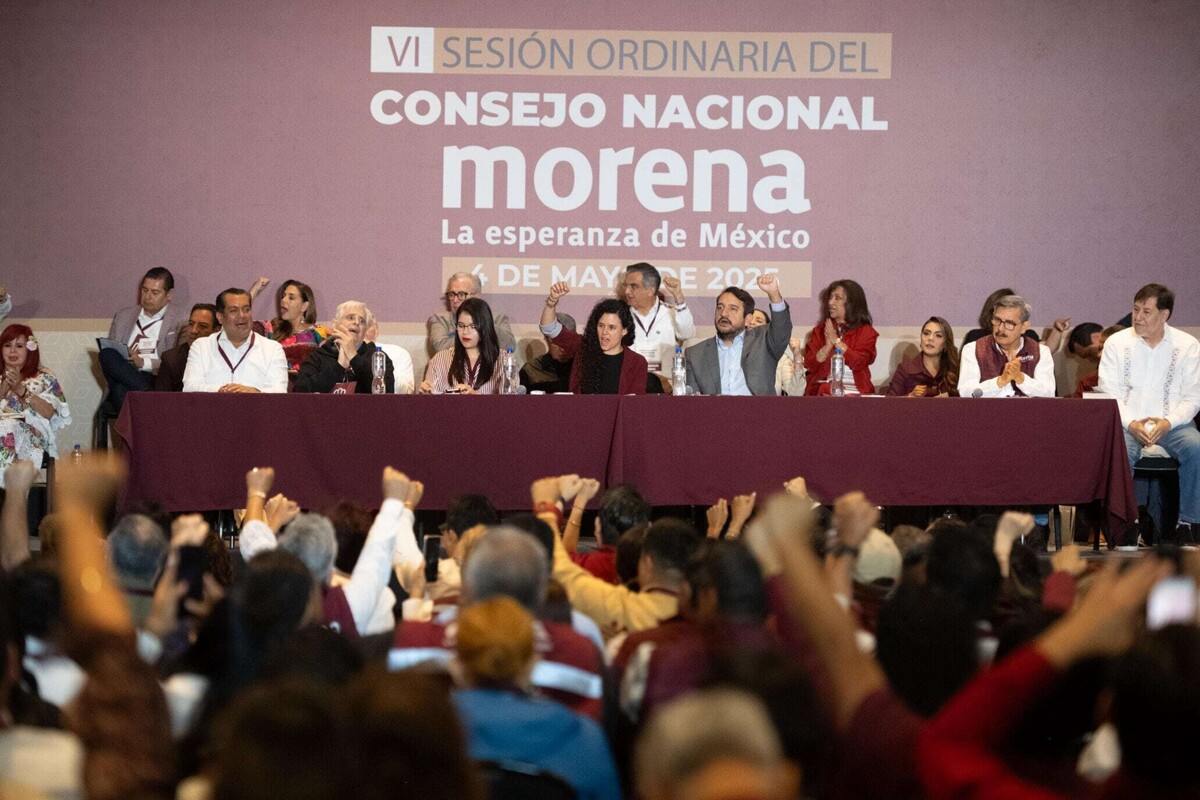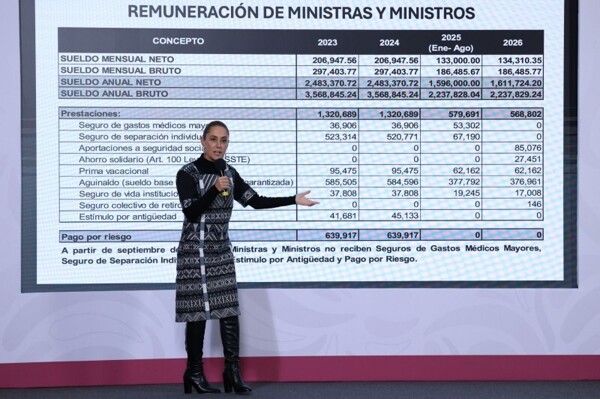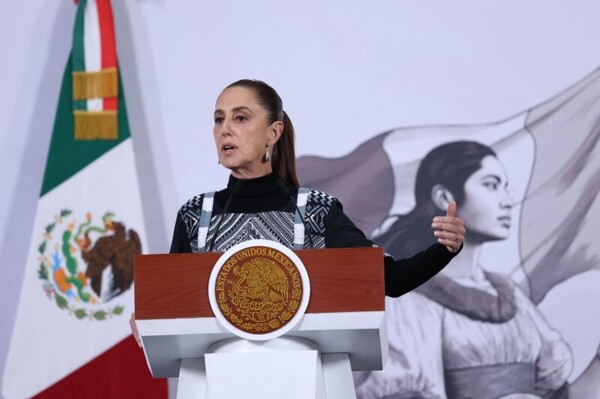
The political party Morena has established a new code of conduct for its members, aimed at regulating inappropriate behaviors such as first-class travel, nepotism, early electoral campaigns with public resources, luxury cars, lavish weddings, and other signs of opulence. The president Claudia Sheinbaum has urged the party leadership to issue rules governing the conduct of its members, in light of the multiple abuses that have been made public.
Amid scandals revealing a ruling class that seems distant from the austerity values proclaimed by the party, cases like that of Morena member Félix Salgado Macedonio stand out, who intends to reclaim the governorship of Guerrero after having ceded it to his daughter. Another example is the environmentalist Ricardo "El Pollo" Gallardo, who wants his wife to succeed him in the governorship of San Luis Potosí. Similarly, there is the case of the governor of Zacatecas, David Monreal, who seems to have appointed his brother as his successor in the position.
Prominent members of the party have found themselves in situations that call into question the ethics and morality of the political class. For example, excesses have been reported by lawmakers, such as the helicopter trip of Ricardo Monreal, Morena leader in the Chamber of Deputies, or the first-class trip to Europe of the Senate president, Gerardo Fernández Noroña. Additionally, practices of parliamentary tourism have been denounced, representing unnecessary expenses for the public treasury.
Among the most notable cases is Senator Andrea Chávez Treviño, accused of engaging in early campaign activities in Chihuahua with questionable resources, as well as other party members who have been criticized for their luxurious lifestyle that is detached from the reality of the majority of the population. The need to respect republican austerity and distance itself from powerful interests has been emphasized, avoiding receiving resources from entrepreneurs or other private agents in exchange for political benefits.
The National Council of Morena has reaffirmed its commitment to austerity and ethics in political life, although reality seems to show a gap between the official discourse and the actions of some of its members. At a time when a large part of the population faces economic difficulties, the behaviors of opulence and corruption within the ruling class are particularly questionable.














